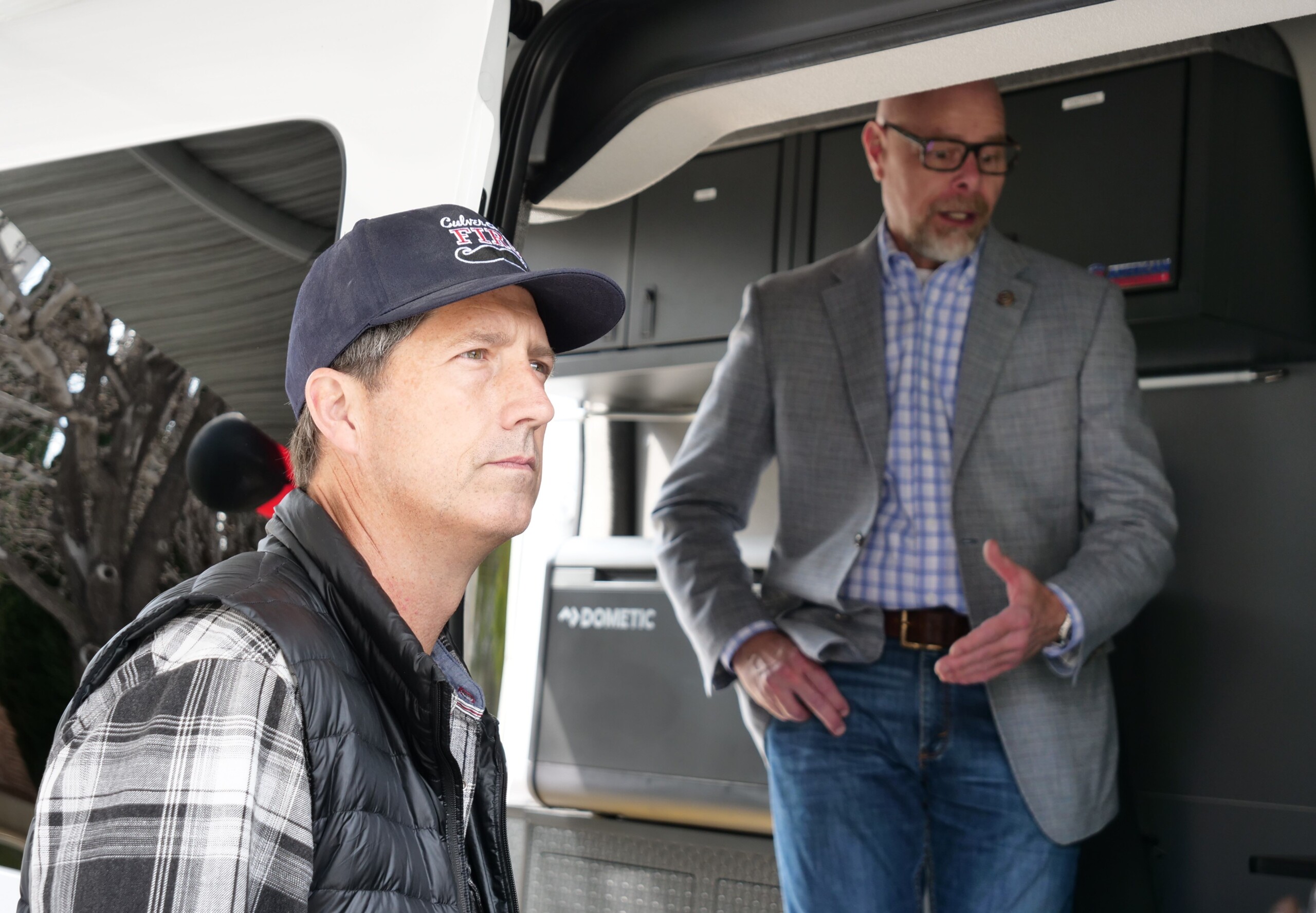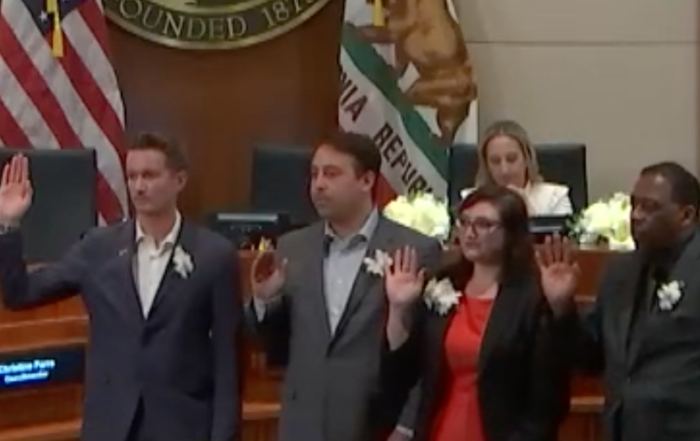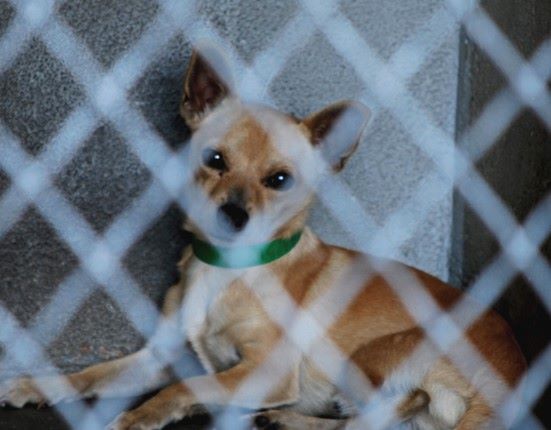Almost three years after its city council first voted to phase police out of mental health calls, Culver City celebrated the upcoming debut of its Mobile Crisis Unit with a fair Tuesday centered around mental health resources in the courtyard of City Hall. The team of mental health professionals, clinicians, and case managers will respond to non-violent mental health calls in the city starting March 4.
Questions about the need for police response to non-violent cases have risen in recent years, resulting in more cities around the country, from in-state cities like Los Angeles, Long Beach, and Oakland to more distant ones like Columbus, Ohio, and Houston, Texas looking into non-violent alternatives. An AP article last August showed that 14 of the 20 most populous cities in the country had at least begun to experiment with the idea of a program that diverts mental health calls away from police departments.
Culver City was inspired by one of the pioneers of the non-violent mobile response team: the Crisis Assistance Helping Out On The Streets (CAHOOTS) team created by White Bird Clinic in Eugene, Oregon. Understanding the importance of replacing a police response with a team of a medic and an experienced crisis worker for social service calls and other mental crises, the clinic and the city of Eugene have sustained a relationship for almost 30 years to efficiently deploy the CAHOOTS team.
According to the Eugene Police Department’s website, the CAHOOTS program diverts about anywhere from 3 percent to 8 percent of the total calls received by the department and was dispatched to 15 percent of the total calls for service the EPD received in 2021. It is estimated that CAHOOTS saved the city as much as $12 million in 2017.
Supporters of the program hope that Culver City can see similar results from their Mobile Crisis Unit. Equipped with a van that includes cabinets for supplies and a ramp and large interior space to transport wheelchairs, the unit led by licensed clinical and forensic psychologist Dr. Dan Richardson — who is the Human Services and Crisis Intervention manager for Culver City — will be responding to mental health calls from 10:00 a.m. to 6:00 p.m. Monday through Friday.
“There are so many gaps in our system,” Richardson said at the fair. “We need to be able to connect people with treatment so that they don’t fall through the cracks.”
Several Culver City council members appeared to speak at the fair and examine the new van. The fair hosted booths from many different types of mental health groups from treatment centers like Southern California Hospital Culver City and Didi Hirsch to national advocacy groups like the National Alliance on Mental Health and the American Foundation for Suicide Prevention to county resources in the Departments of Public Health and Mental Health.
Mayor Yasmine-Imani McMorrin noted that mental health care has been historically overlooked in our society.
“That is why I am proud that Culver City is at the forefront of developing programs designed to assist the most vulnerable members of our community,” McMorrin said. “I am so grateful for all the hard work put into this, and am excited to see what it can do.”
Photo of Councilmembers Dan O’Brien and Albert Vera examining the Mobile Response Van taken by the author.
Stay informed. Sign up for The Westside Voice Newsletter
By clicking submit, you agree to share your email address with Westside Voice. We do not sell or share your information with anyone.








